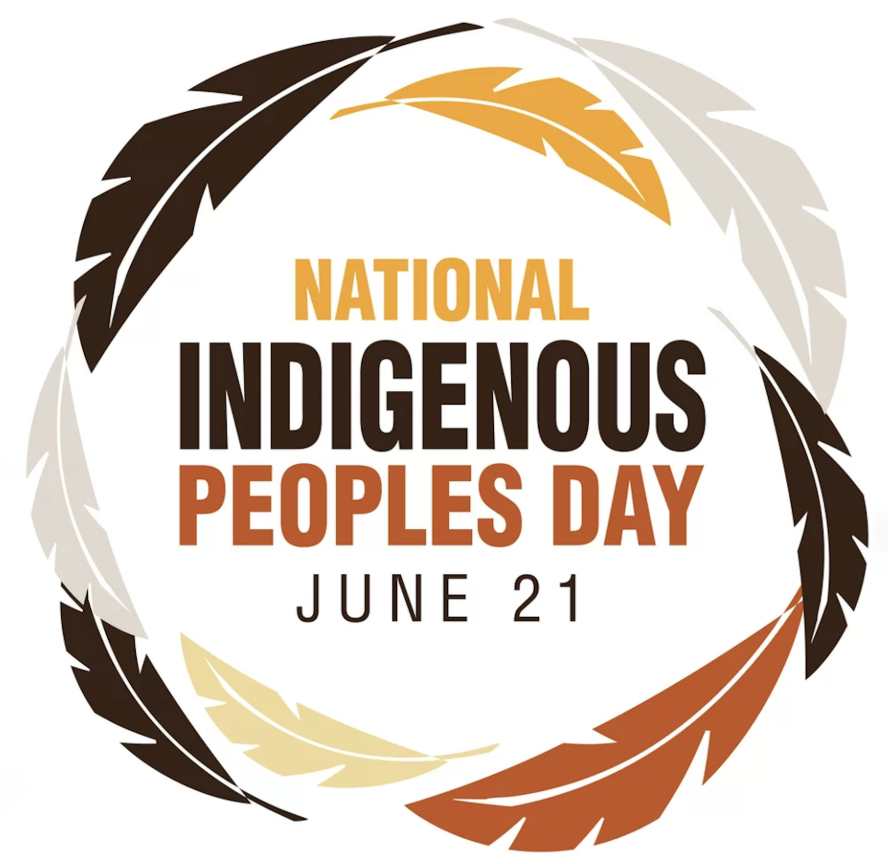
June 18thNational Indigenous Peoples Day in Canada
June 21 is National Indigenous Peoples Day in Canada: “National Indigenous Peoples Day takes place on the summer solstice, the longest day of the year. For generations, many First Nations, Inuit, and Métis communities have celebrated their cultures, languages, and traditions at this time of year. The summer solstice holds deep spiritual and cultural significance for many Indigenous Peoples, marking a time of renewal, connection, and celebration.”
Each of our Mennonite churches in Alberta is located on the traditional territories of Indigenous Peoples. This land has been home to Indigenous Peoples since time immemorial. The history, culture and traditions of Indigenous Peoples are shaped by their relationship with this land. Indigenous cultures—like all cultures—develop particular understandings of their relationship to creation and to one another, expressed in beliefs about Creator-God, the sacredness of the land, social and family structures and practices, governance, and association with others. Many of these Indigenous beliefs and practices were oppressed and marginalized by colonization.
National Indigenous Peoples Day is a reminder and an opportunity for non-Indigenous Canadians to learn and appreciate Indigenous history, culture and traditions. An essential part of moving toward reconciliation is overcoming our ignorance and arrogance. An exploration of Indigenous ways will open our eyes to the beauty of their ways and reveal our shared humanity. Moving toward creates the opportunity for relationship.
During the month of June, at Foothills Mennonite Church in Calgary we are considering how Indigenous beliefs and practices help us better understand and appreciate our own faith and practices. For instance, how do Indigenous creation stories reveal God’s relationship with the world? Or how do Indigenous celebrations such as Pow Wows inspire us to celebrate our Christian identity?
Ultimately, we want to discover ways toward meaningful relationships and authentic reconciliation with Indigenous neighbours. Some call this walking together in a good way. The Truth and Reconciliation Commission reports say, “Reconciliation is about establishing and maintaining a mutually respectful relationship between Aboriginal and non-Aboriginal peoples in this country. In order for that to happen, there has to be awareness of the past, acknowledgement of the harm that has been inflicted, atonement for the causes, and action to change behaviour.”
Perhaps, this National Indigenous Peoples Day is an opportunity for you or your congregation to take steps toward a deeper connection with Indigenous Relations. The MCA Indigenous Relations Working Group is interested in helping congregations make these steps. There are some resources on the website (https://mcab.ca/indigenousrelationswg) or connect with the working group to discover more.